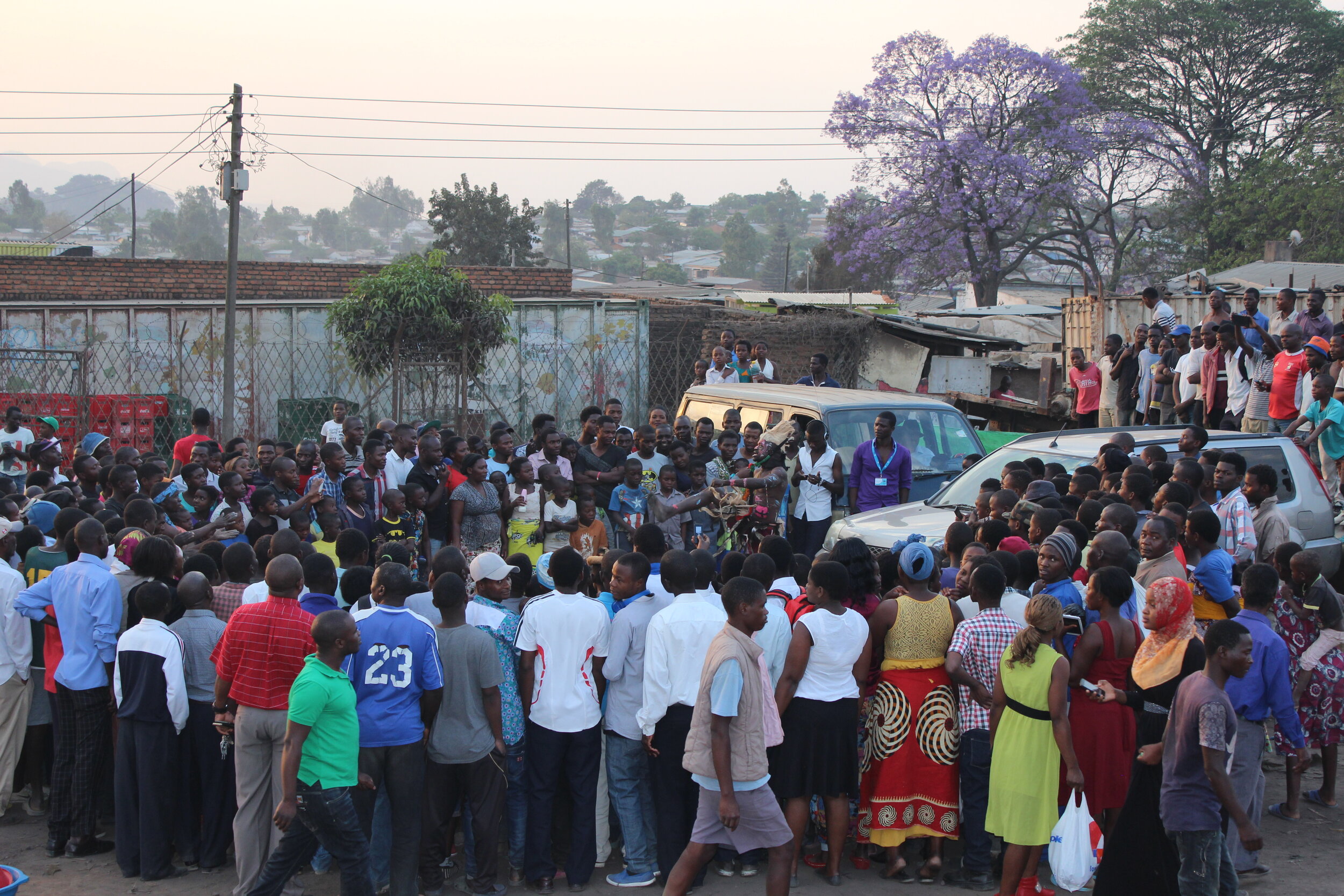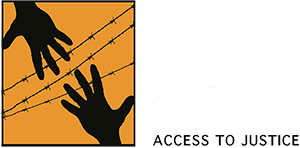
The Project
Background
Due to the lack of legal aid lawyers in Malawi, the majority of those arrested are brought to court without any legal representation and as a result, are unaware of the right to bail and how or when to exercise this right.
Consequently, bail applications are rarely made at the first court appearance and thousands of Malawians are arbitrarily detained for months or years, in violation of domestic, regional and international human rights instruments.
This has led to severe overcrowding in prisons across Malawi. The 47 prisons in Malawi, built to hold a maximum of 5,000 prisoners, are currently holding over 14,500 men and women. Conditions in the prisons are insanitary. In Chichiri prison, one of the largest in the Southern Region, there are only two showers for two thousand men.
This leads to the inevitable spread of infectious disease, most commonly TB and HIV. Those who avoid catching an infectious disease are at serious risk of dying from malnutrition, as food shortages are common and inmates are only given one small cup of Nsima (a maize based staple food) a day, depending on the prison budget.
The Malawi Bail Project is an access to justice project, which empowers those who have committed minor offences to apply for bail at their first court appearance, and consequently reduces the number of people unlawfully imprisoned without trial.
Aims and Objectives
To educate those going through the court process in Malawi about court procedure and their basic legal rights.
To increase the amount of bail applications made at the first court appearance prior to detention.
To reduce the amount of people being held in pre-trial detention who are charged with minor offences.
To encourage co-operation between the courts, the police and the prison service, supporting capacity building within the criminal justice system in Malawi.
To understand and remove the obstacles which inhibit the court and the prison service from development in accordance with international human rights standards.
Activities
To achieve these aims we currently carry out six high-impact low-cost activities:
1) Distribution of ‘Understanding your Right to Bail’ booklets/posters to Magistrates’ Courts and Police Stations (copy of booklet enclosed).
2) Installation of speaker systems at police/court holding cells to play recorded audio tapes explaining how and when to apply for bail.
3) Discussion groups with Magistrates and Police Officers to explore ways of making the justice system more accessible for the poor and vulnerable.
4) Providing legal advice and assistance through our toll-free Paralegal Advice Line for detainees and family members of those arrested.
5) Facilitation of Camp Courts: These are special court sessions, facilitated by CHREAA with the authorisation of the Court, where judges are brought to the prison to consider bail applications from those charged with minor offences, or whose remand warrants have expired or where the accused is particularly vulnerable
6) Community Theatre: MBP has partnered with Nkhokwe Arts Group, a group of ex-prisoner community mobilisers who use their theatre skills to educate communities and prisoners on their right to bail.


